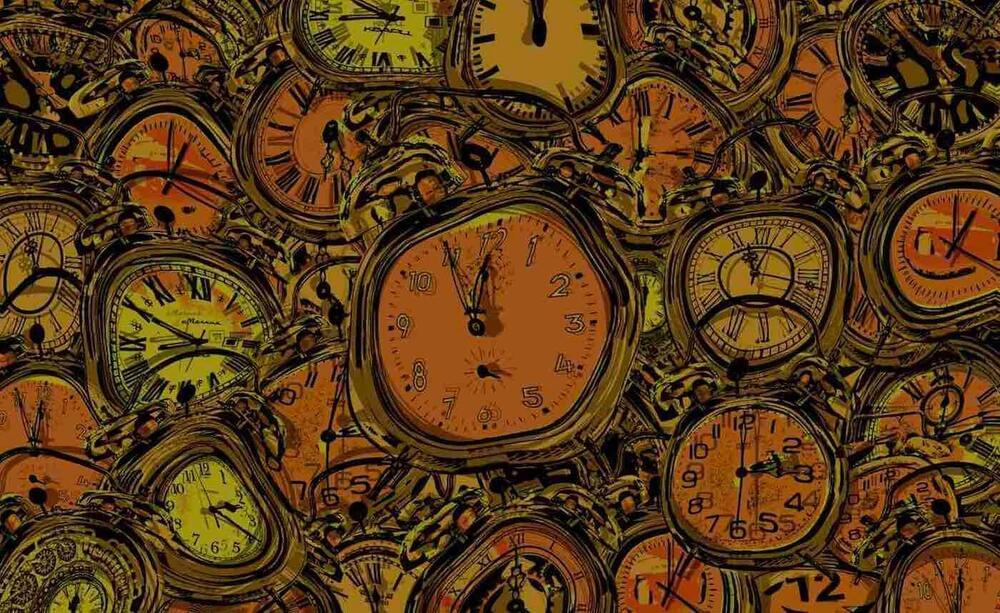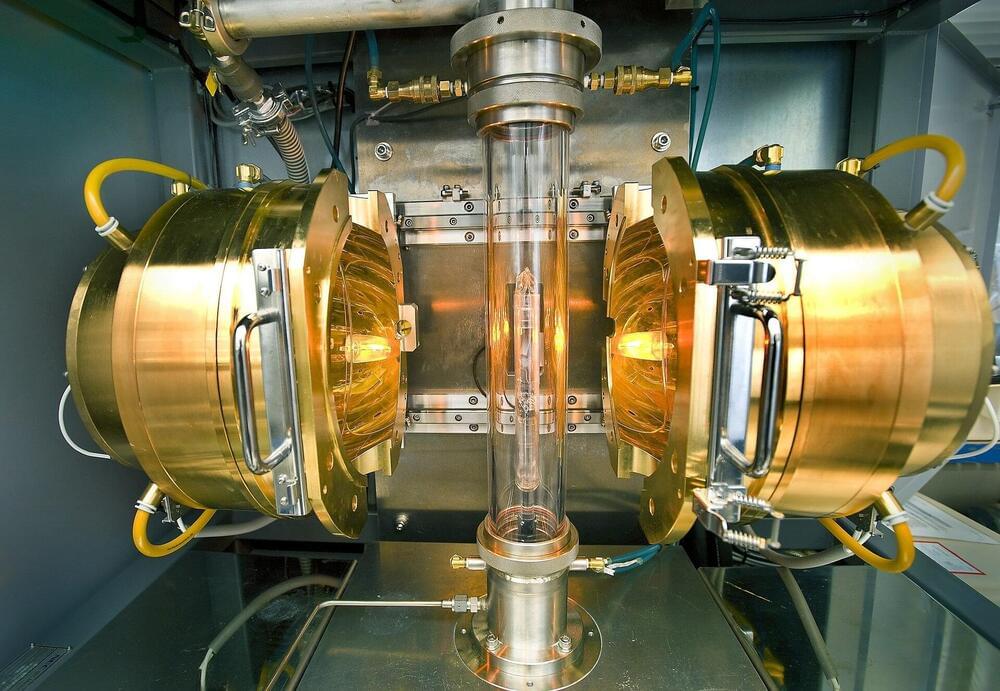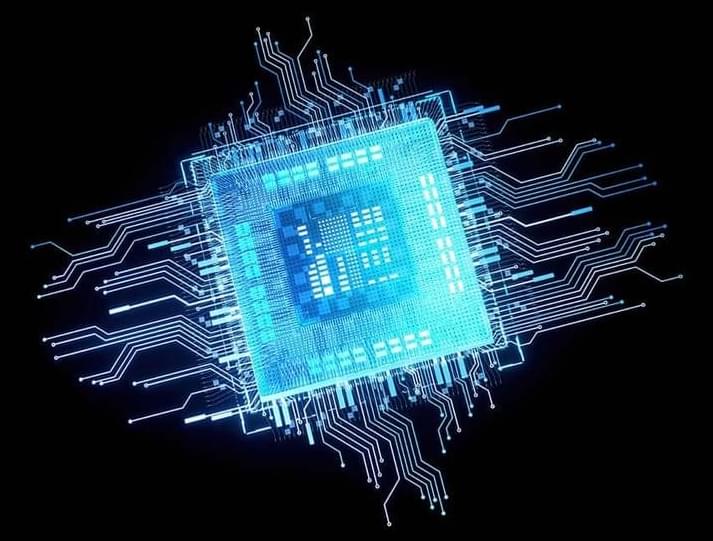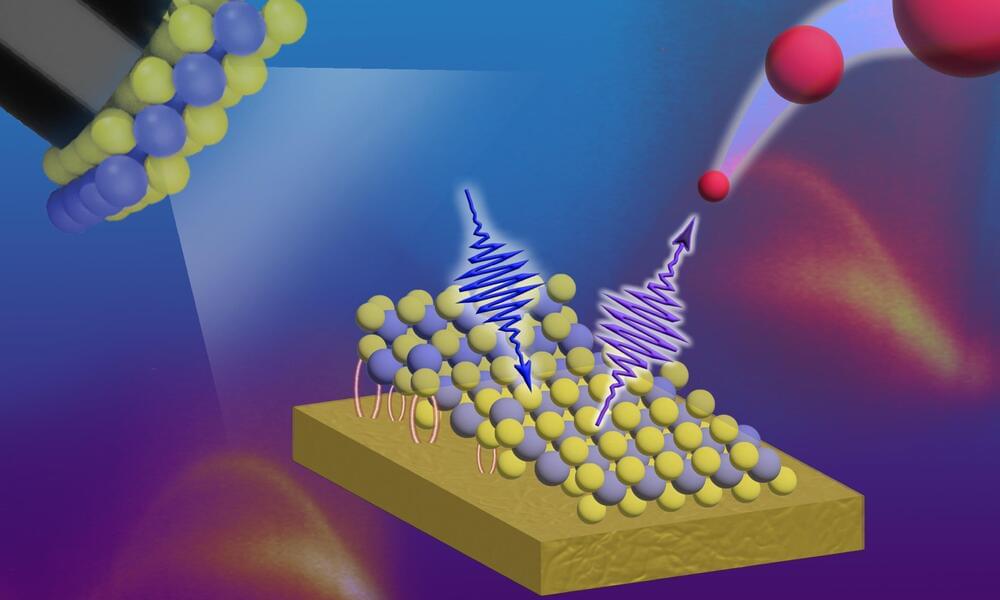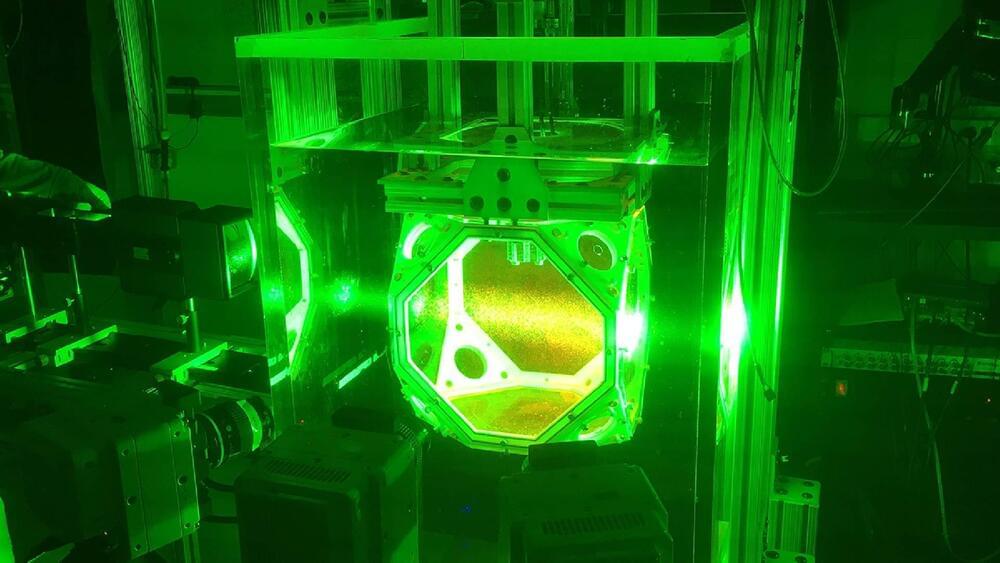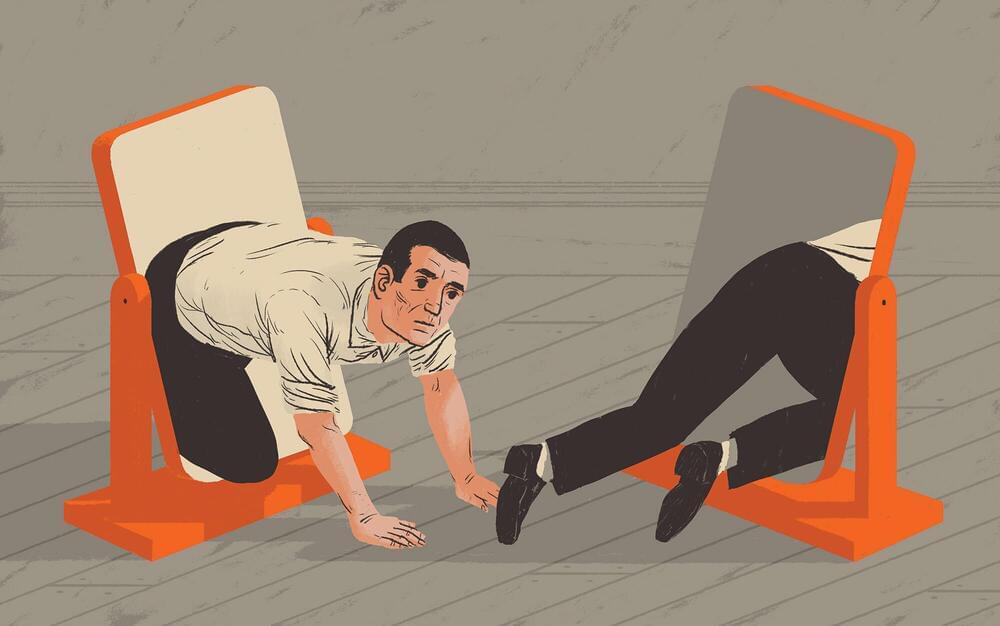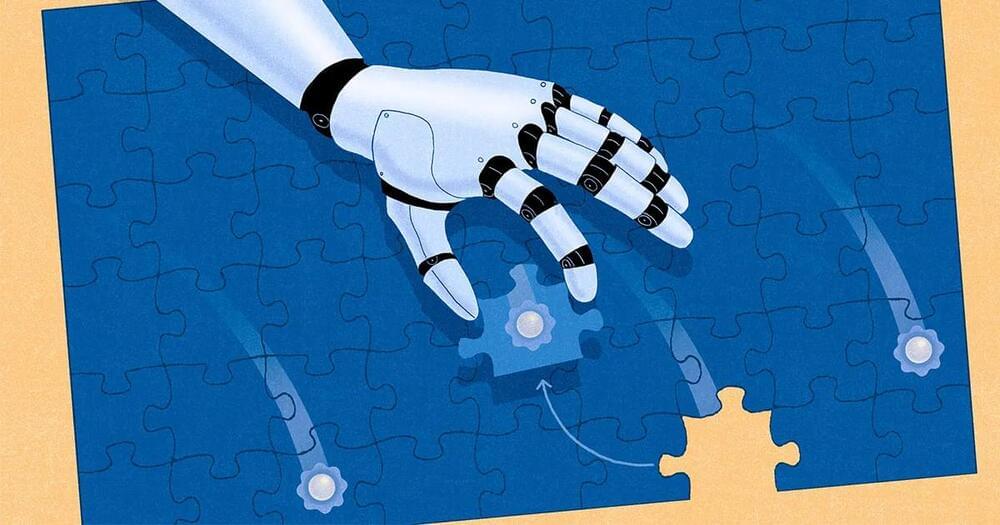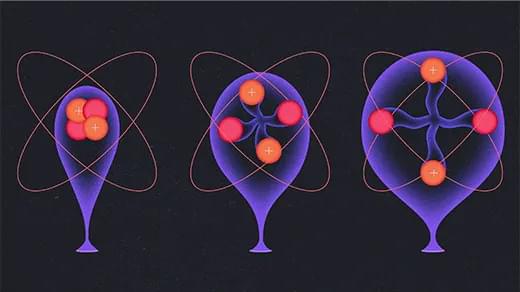Jun 27, 2023
“I’m really into planetary defence”: Meet the 13-year-old whose science project could protect Earth from asteroids
Posted by Kelvin Dafiaghor in categories: biotech/medical, physics, science, space
Do you ever mesh your other hobbies with the space stuff? Yes. I once turned the results of one of my experiments into a musical. In 2020, during the lockdowns, I put a scientific instrument on my balcony to measure light, sound and pollution before and after the pandemic. I ended up with several graphs and thought, Why not turn these into a musical? So, me and my brother got several musical instruments and played notes according to how high or low each point on the graph was. We actually submitted that to the NASA SpaceApps COVID-19 Challenge and became one of the top six global winners.
Do you think you’ll study space science at university when you’re older? I think so. Either aerospace or astrophysics, or maybe both.

